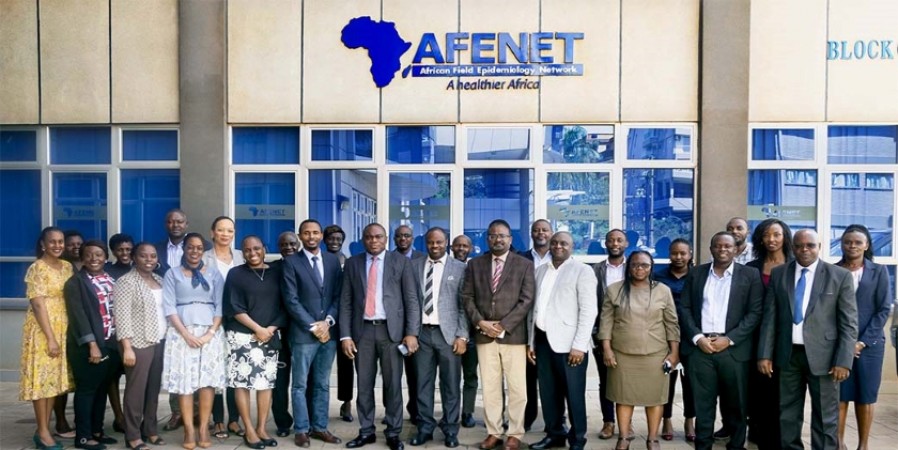
In a significant stride towards fortifying Africa's health security, the African Field Epidemiology Network (AFENET) has forged a strategic collaboration with the Kenya Field Epidemiology and Laboratory Training Program. The primary focus of this partnership is to underscore the critical importance of local manufacturing in ensuring that African nations are well-prepared to respond effectively to pandemics and other public health emergencies.
The collaboration was spotlighted during a scientific conference titled "Strengthening Public Health Systems in Africa towards Enhanced Global Health Security: The Role of Field Epidemiology and Laboratory Training Program." Dr. Sultani Matendechero, Deputy Director-General of Kenya's Ministry of Health, emphasized the imperative need for medical countermeasures to enable countries to respond effectively to pandemics and public health emergencies.
Matendechero revealed that AFENET is actively investing in regional logistics hubs across multiple countries. Moreover, the organization is actively encouraging countries to develop co-capacities, involving the establishment of readiness stockpiles encompassing vaccines, medicines, test kits, oxygen, medical equipment, and more.
Aligned with the Africa Centers for Disease Control (CDC) strategy focusing on local manufacturing, AFENET is committed to boosting regional capacity for local production. The ultimate goal is to facilitate the creation of affordable countermeasures in the future, leveraging economies of scale to ensure an ample supply of vaccines and other essential products, not only for pandemics but also for addressing various public health challenges.
Matendechero emphasized that AFENET's initiatives are motivated by the challenges encountered during the COVID-19 pandemic when the region faced difficulties accessing vaccines due to vaccine nationalism.
In response to these gaps, AFENET is actively working on strategies to promote local and cost-effective vaccine production at both regional and national levels. In Kenya, these efforts align with the Universal Health Coverage (UHC) program, which places a specific focus on health products and technologies.
Furthermore, AFENET recognizes the profound impact of climate change on health and aims to enhance disease surveillance, research, and data management. The organization is committed to harnessing science for informed planning and decision-making to address the dynamic challenges in the realm of public health.
Professor Earnest Kenu, AFENET Board Chair, took the opportunity at the conference to underscore the organization's commitment to capacity building, disease detection, and response. He showcased the vital work AFENET is undertaking, emphasizing its significance on the international stage.
Article by Jed Mwangi
Photo/Google
https://www.kenyanews.go.ke/afenet-pledges-to-build-capacity-in-local-medical-training-and-research/

Comment